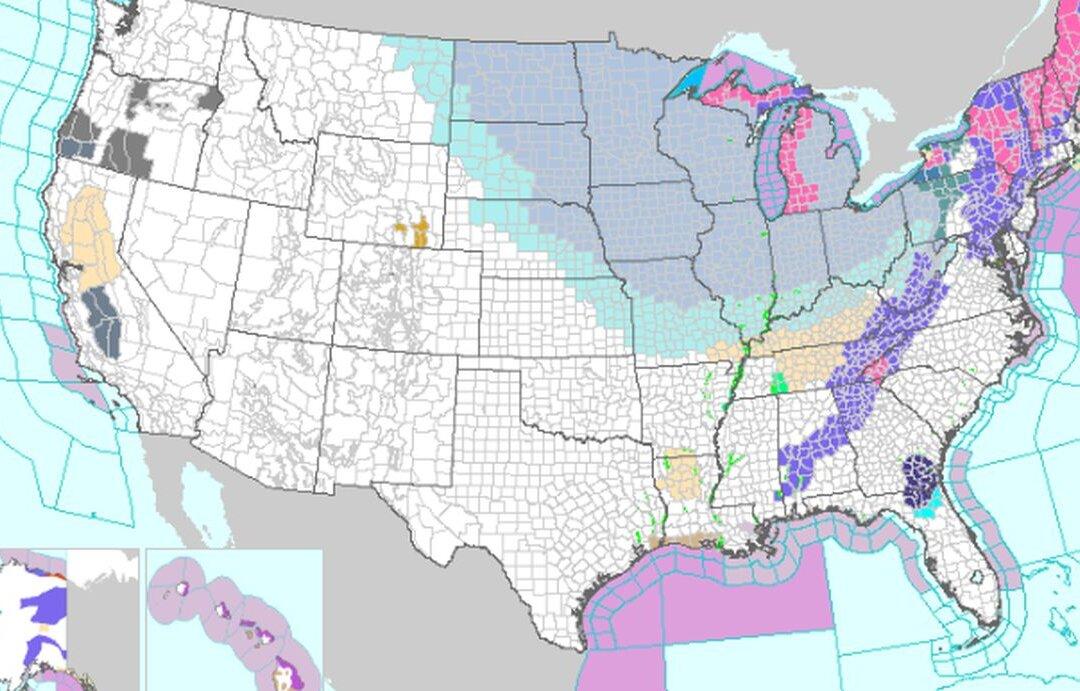Amid the so-called “polar vortex” that’s affecting the Midwest, some have noted that Chicago will be colder than Antarctica this week, namely on Wednesday.
It comes as about 250 million people will face temperatures below freezing this week, and about 90 million of those people will endure temperatures below zero degrees Fahrenheit.





